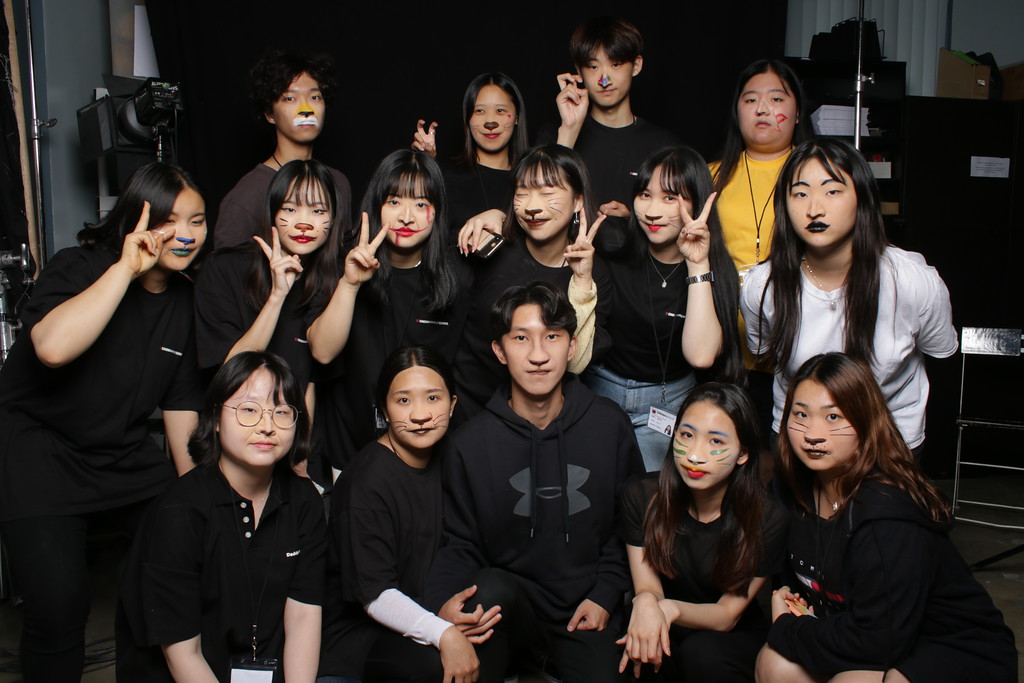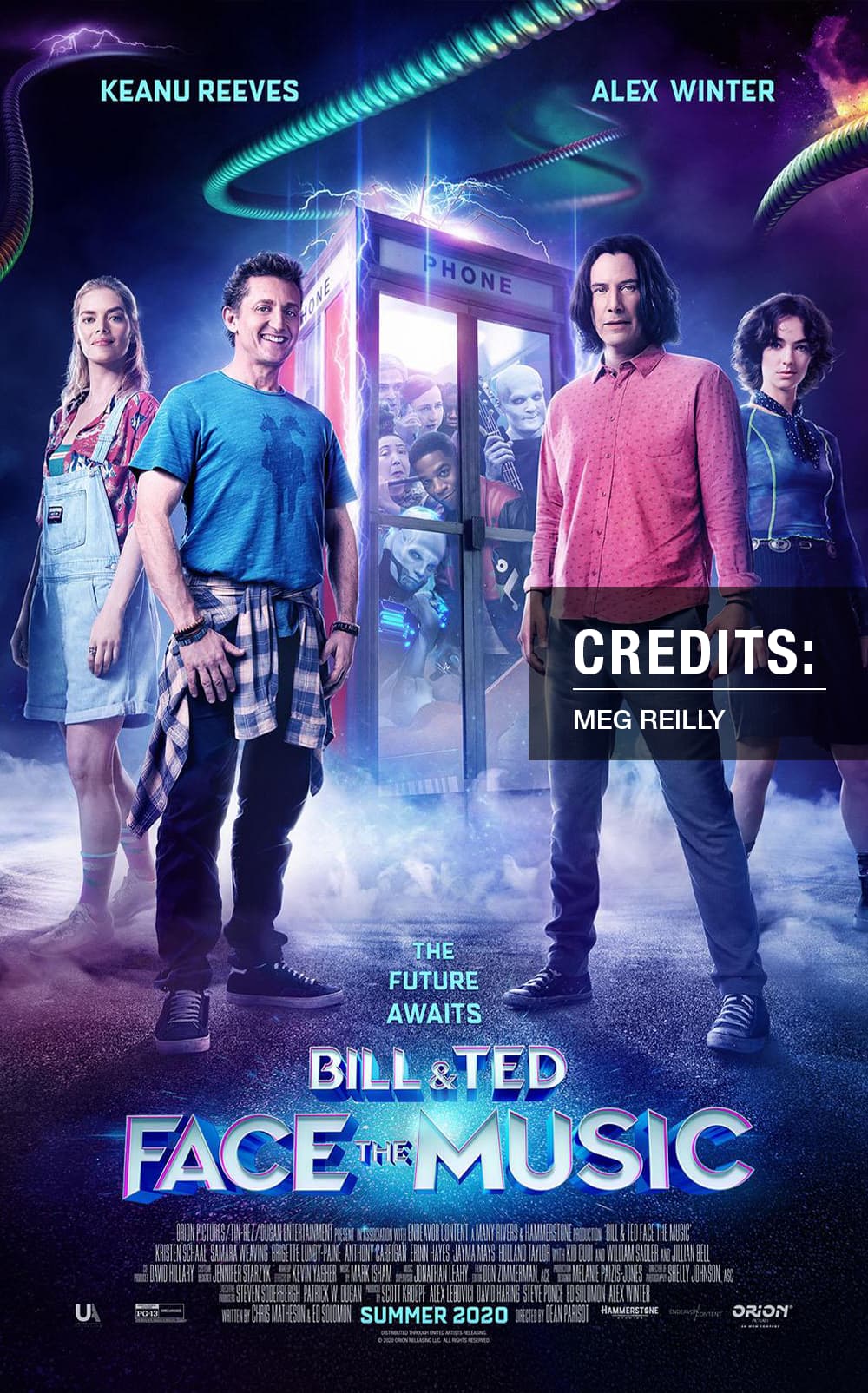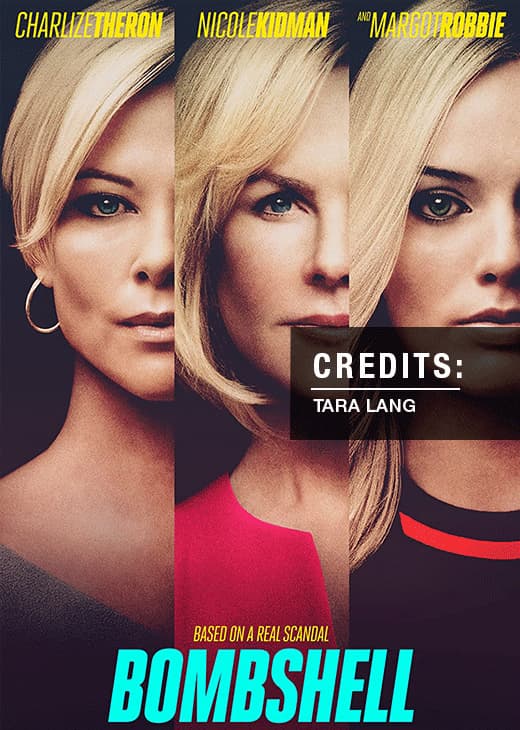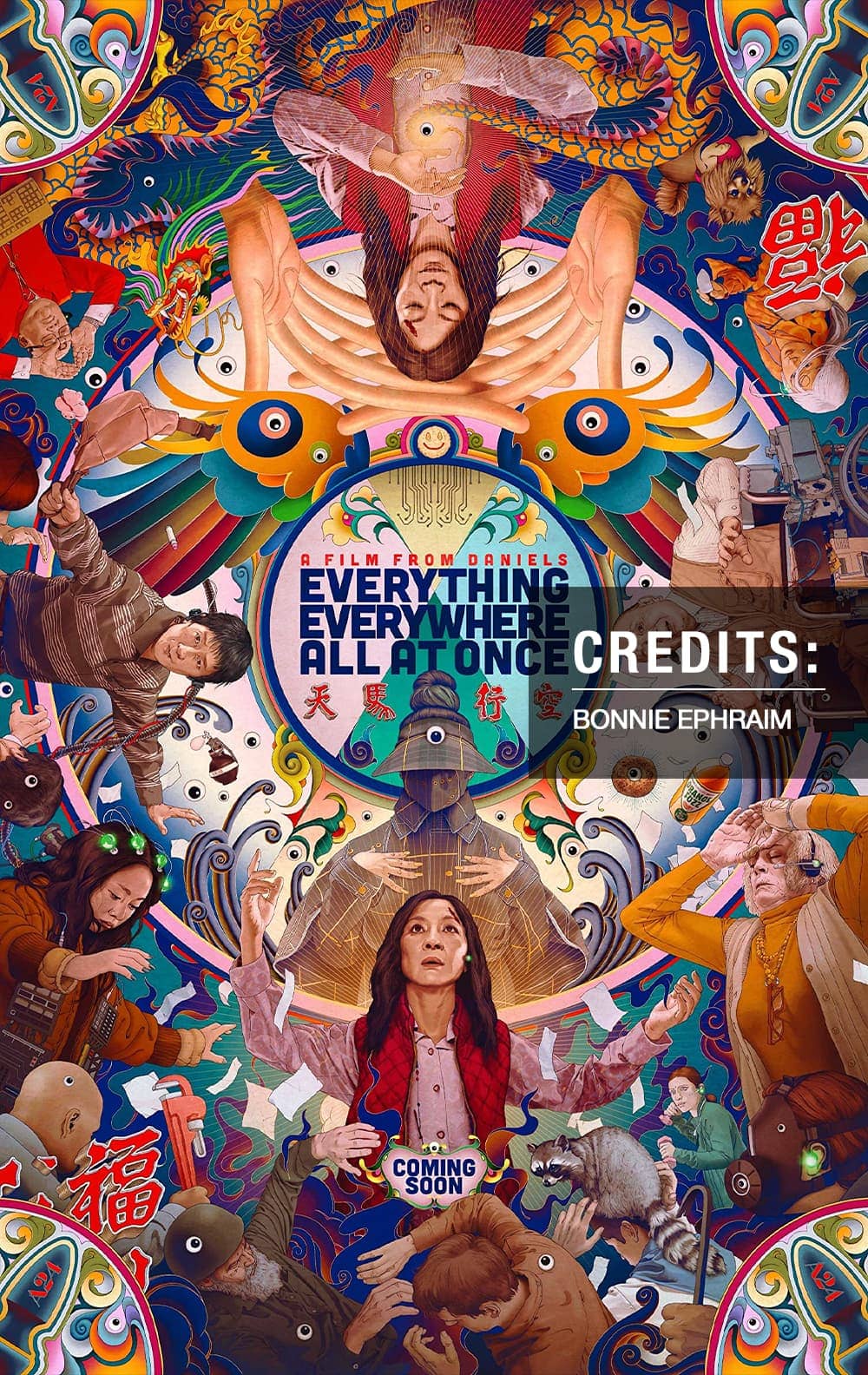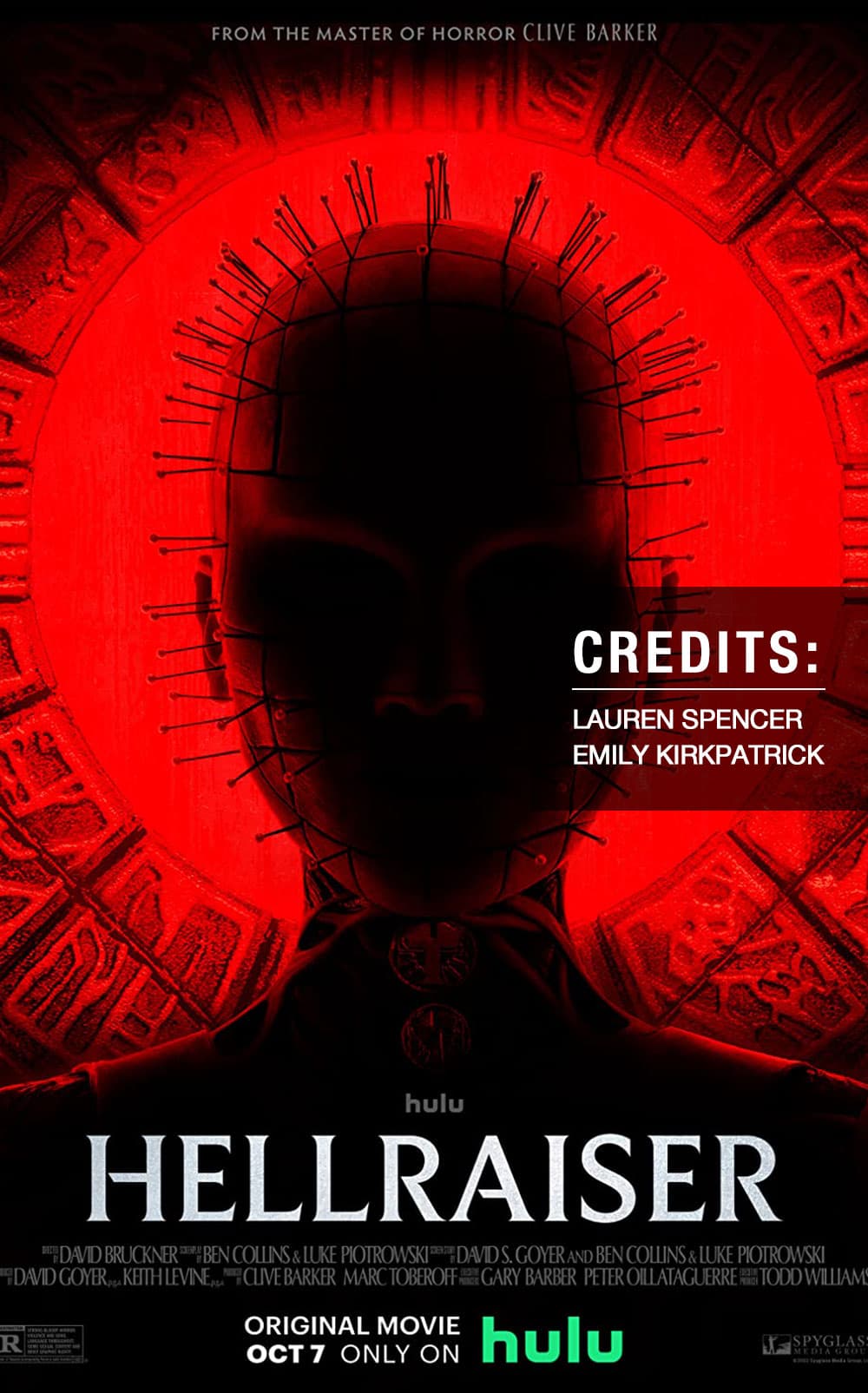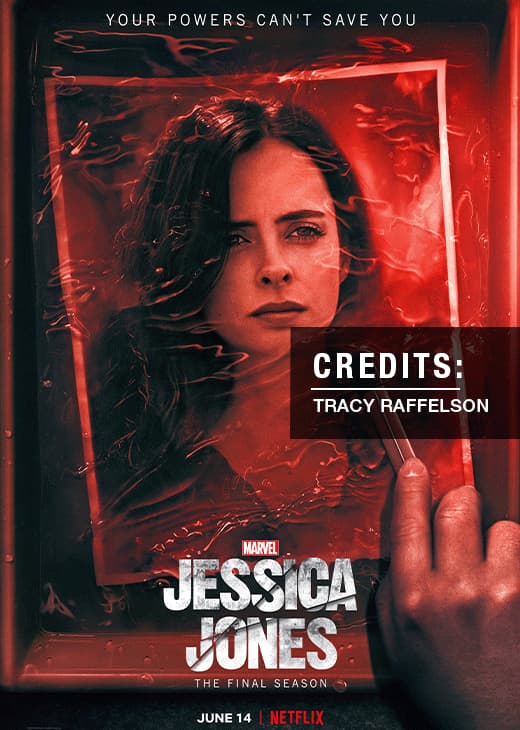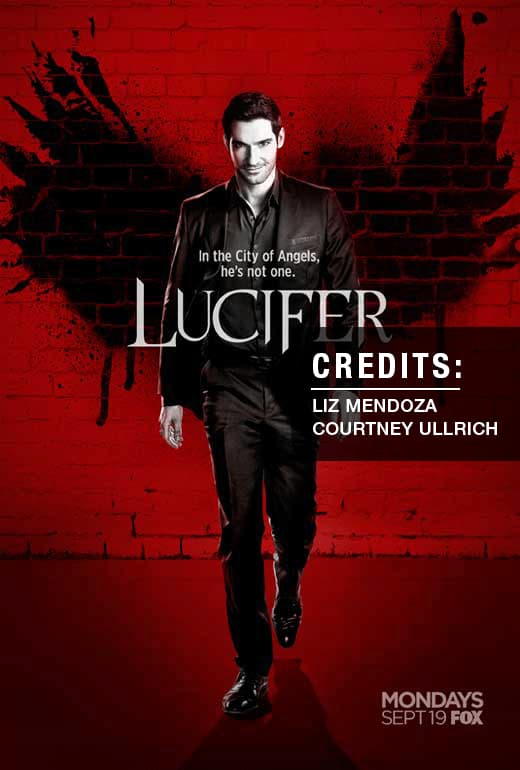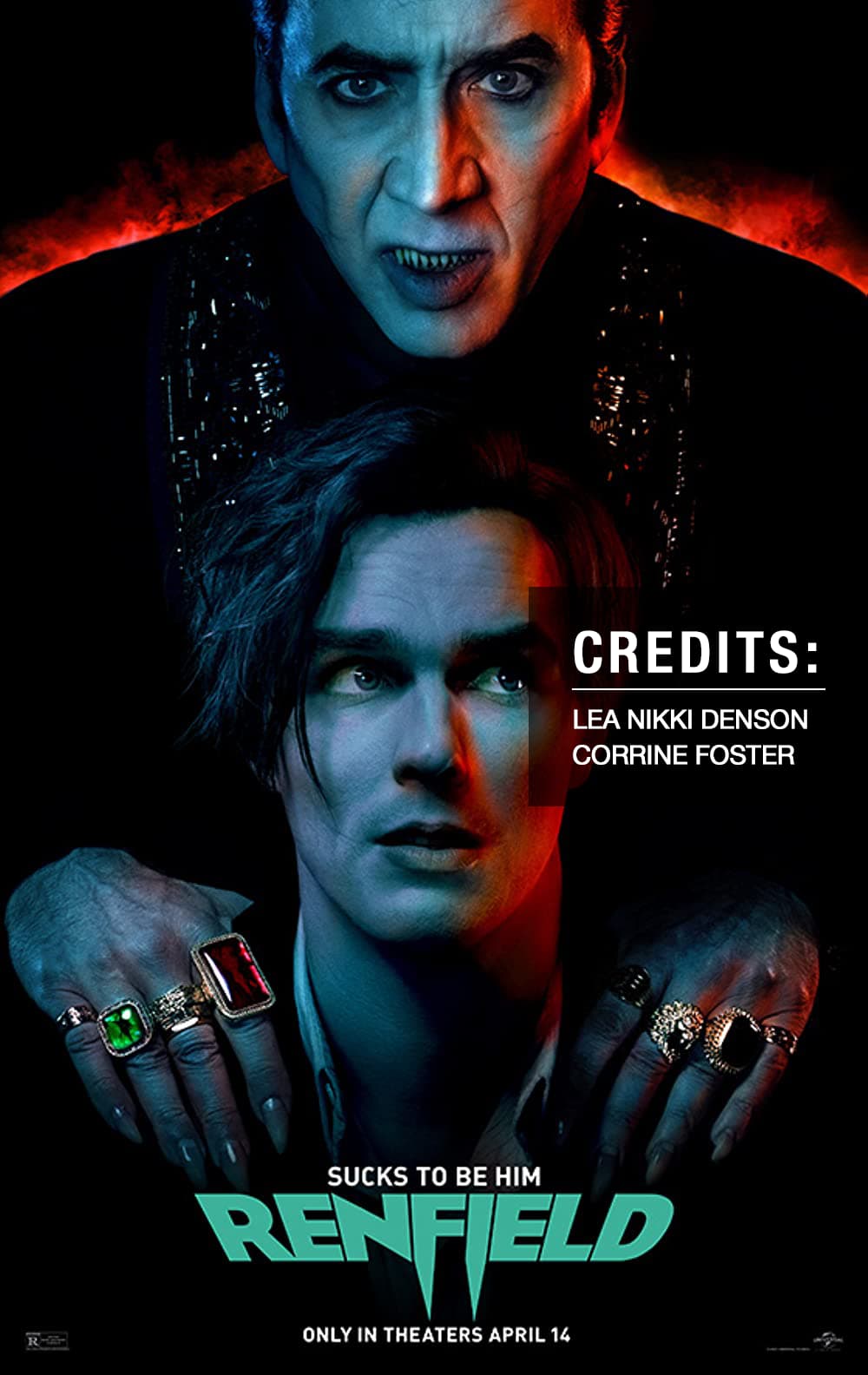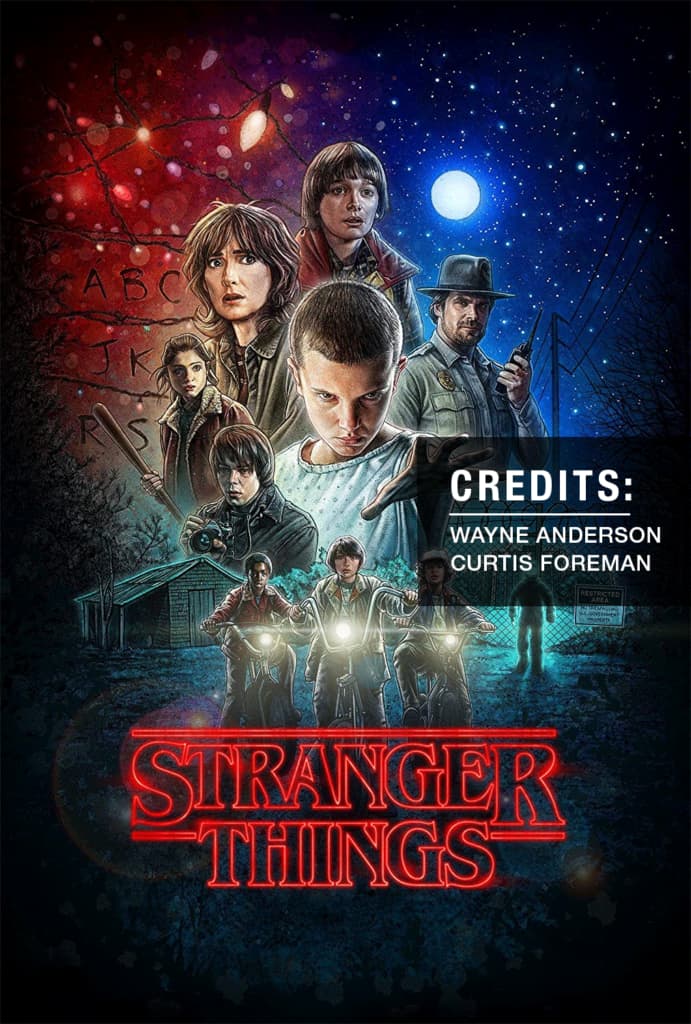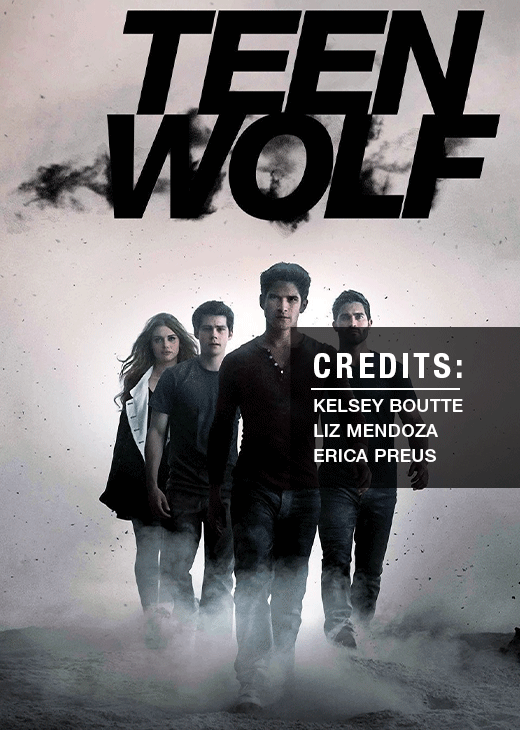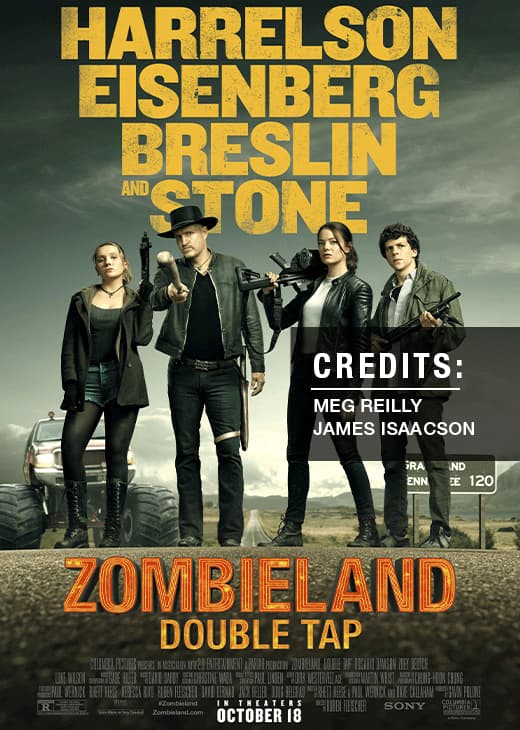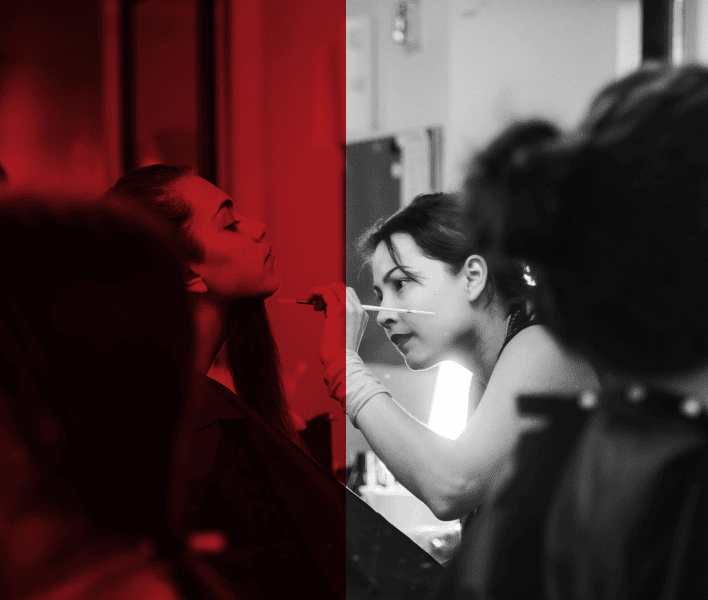Special effects makeup is where imagination meets realism. From transforming actors into terrifying creatures to creating lifelike wounds, burns, or aliens, SFX makeup is a vital force in entertainment and beyond. But what happens after you master the craft? What career paths open up for a skilled special effects makeup artist?
In this blog, we’ll dive deep into the best special effects makeup artist jobs, covering industry roles, job types, educational paths and how to position yourself in this competitive but thrilling field.
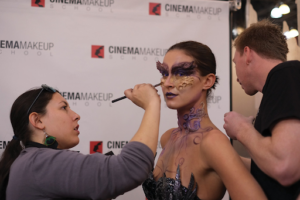
Why Is Special Effects Makeup More Than Just Makeup?
Before we dive into careers, it’s important to understand that special effects makeup artistry goes far beyond basic beauty applications.
It includes prosthetics, creature design, animatronics, gore effects, fantasy makeup and more. SFX makeup artists often use skills like sculpture, painting, mold-making, digital design and even medical science.
This field is for those who don’t just want to beautify a face, they want to transform reality.
Where Do Special Effects Makeup Artists Work?
You’ll find special FX makeup artists behind the scenes of:
- Hollywood Films and Independent Cinema
- Television Shows (especially horror, sci-fi and fantasy genres)
- Theatre Productions
- Haunted Attractions & Theme Parks
- Commercials
- Fashion Shows & Editorials
- Music Videos
- Cosplay & Live Events
- Medical Training Simulations
Top Special Effects Makeup Artist Jobs
Looking to turn your creativity into a full-time career? There are a variety of job roles in the field of special effects makeup across film, TV, live events, theme parks, medical fields and even cosplay culture. Here are the top job opportunities every aspiring SFX makeup artist should know about:
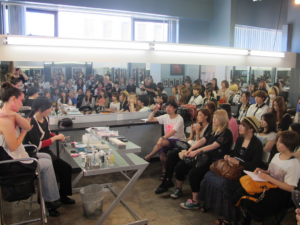
1. Film and TV
Professionals work on movie and television sets to create everything from realistic injuries to full creature transformations. The role involves long hours, tight deadlines and collaboration with directors, costume designers and special effects teams.
Job Highlights:
- On-set makeup for actors and stunt doubles
- Prosthetic application and blending
- Blood, wounds, burns and aging effects
- Continuity maintenance during multi-day shoots
Most SFX makeup artists in film start as assistants or interns before getting lead roles.
2. Prosthetic Designer and Fabricator
This behind-the-scenes job focuses on designing and building prosthetics used by actors or models. These professionals typically work in special effects studios or run freelance fabrication workshops.
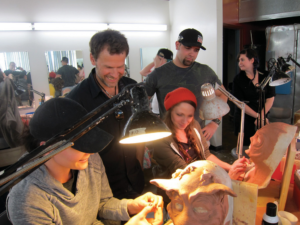
Job Responsibilities:
- Sculpting prosthetics in clay or digitally
- Mold-making and casting techniques
- Crafting detailed prosthetics tailored to the needs of specific characters or production requirements
- Collaborating with makeup departments and effects supervisors to ensure proper fit and realism
This is a vital role in productions that require fantasy characters, aliens, monsters, or injury simulation.
3. Character and Creature Designer
This role combines concept art, anatomy knowledge and creativity to design unique characters for films, theme parks and video games. It’s a visual development position that may overlap with digital art and sculpting.
Key Aspects of the Job:
- Developing visual concepts for characters
- Sculpting maquettes or digital 3D models
- Coordinating with production designers and SFX teams to ensure character designs translate seamlessly from concept to screen
Great for artists who love storytelling through creature design.
4. Theme Park SFX Makeup Technician
Theme parks like Universal Studios, Disneyland and Halloween horror attractions hire SFX artists for seasonal and full-time roles. This job involves applying reusable character makeup and prosthetics to dozens of performers each day.
Common Tasks:
- Quick-turnaround prosthetic application
- Touch-ups and makeup maintenance
- Reusing and sanitizing foam/silicone prosthetics
- Occasionally assisting with props or set decor
5. Medical Simulation and Forensic Makeup Specialist
These MUAs apply their special effects makeup techniques to create lifelike injuries and medical conditions for training simulations used by healthcare, emergency and military teams. They help create lifelike injuries and conditions for high-stakes training.
Typical Job Duties:
- Simulating trauma (wounds, burns, amputations)
- Applying effects on mannequins or live actors
- Designing reusable prosthetics for training dummies
- Working with hospitals, EMS, or academic institutions
This growing field blends makeup artistry with education and healthcare impact.
6. Cosplay and Convention SFX Specialist
As cosplay becomes more professionalized, many SFX makeup artists are hired to help build character looks for conventions, social media and brand collaborations. Some also take commissions or teach cosplay-specific makeup techniques.
Job Opportunities:
- Commission-based prosthetic application and costume support
- Brand sponsorships or event appearances
- Content creation for YouTube, Instagram, or TikTok
- Teaching workshops at pop-culture expos or online
Many successful cosplay artists also launch their own product lines or training courses.
7. Freelance Special Effects Makeup Artist
Freelance artists work across a wide range of projects, including indie films, commercials, music videos, photoshoots, live performances and corporate events. This path offers flexibility but requires hustle, networking and a strong portfolio.
What to Expect:
- Wide variety of projects and clients
- Managing your own rates and availability
- Building long-term client relationships
- Opportunity to scale into your studio
8. SFX Makeup Instructor or Workshop Trainer
After years of experience, many professionals move into education. You can teach at special effects makeup schools, offer your own bootcamps, or build an online course platform for learners worldwide.
Key Benefits:
- Stable income and flexible teaching hours
- Opportunities to influence and mentor new artists
- Great for building your brand and reputation
- Potential to launch your own school or YouTube education channel
Ideal for artists who love sharing knowledge and shaping the next generation of talent.
More Helpful Blogs:
Top 5 Tips for Beginner Makeup Artists
Top 6 Trends in the Makeup Industry 2025
How to Become a Freelance Makeup Artist – Complete Guide
Education & Training: Where to Begin?
Now that you’ve explored the top SFX makeup jobs, it’s time to talk about how to get there. Each of these roles requires specialized training, technical skill and hands-on experience. But with so many special effects makeup schools out there, where should you start?
Cinema Makeup School, part of the prestigious Cinema Art College Corporation, stands out from the rest with comprehensive & industry-driven programs.

- Training with industry-standard tools and techniques
- Mentorship from award-winning professionals
- Networking with leading artists and studios
- Hands-on projects and portfolio development
- Strong industry reputation and alumni success stories
Whether you want to work in film, fashion, or cosplay culture, we give you the foundation to launch your SFX career.
Types of Makeup Artistry (and Where SFX Fits In)
While “makeup artist” is a broad term, special effects makeup falls under a unique category of character-driven transformation. Here’s how it differs from other types:
| Type of Makeup Artistry | Focus Area |
|---|---|
| Beauty Makeup | Glamour, weddings, editorial |
| Fashion Makeup | Runways, magazines |
| Theatrical Makeup | Stage visibility, character depth |
| Special Effects Makeup | Prosthetics, wounds, fantasy, monsters |
| Creature Design | Conceptual sculpting and builds |
| Airbrush Makeup | Film, TV, body art |
SFX artists often cross into multiple categories, making their skills incredibly versatile.
What to Expect in SFX Makeup Jobs:
SFX makeup careers start modestly but grow with experience and networking. No matter if you choose freelance freedom or studio stability, success depends on strong relationships, a solid portfolio and the ability to handle travel, long hours and tight deadlines.
- Entry-level pay may be modest, but with skill and persistence, your value (and rates) increase over time.
- Freelance flexibility vs. studio consistency is a personal choice.
- Jobs often arise from networking, social media and strong portfolios.
- Build relationships with directors, costume departments and other artists.
- Be ready to travel – jobs might take you to different cities, sets, or even countries, depending on the project.
- Deadlines can be intense – many shoots involve early call times, long hours and quick turnarounds.
The career options for special effects makeup artists are far more diverse than most imagine. Whether you dream of Hollywood sets, haunted mazes, or educational simulations, the skills you learn can take you there.
So, if you’re ready to turn brushes and prosthetics into a powerful career, now’s the time. With a blend of artistry, discipline and professional training, your path could be both creatively fulfilling and financially rewarding.
